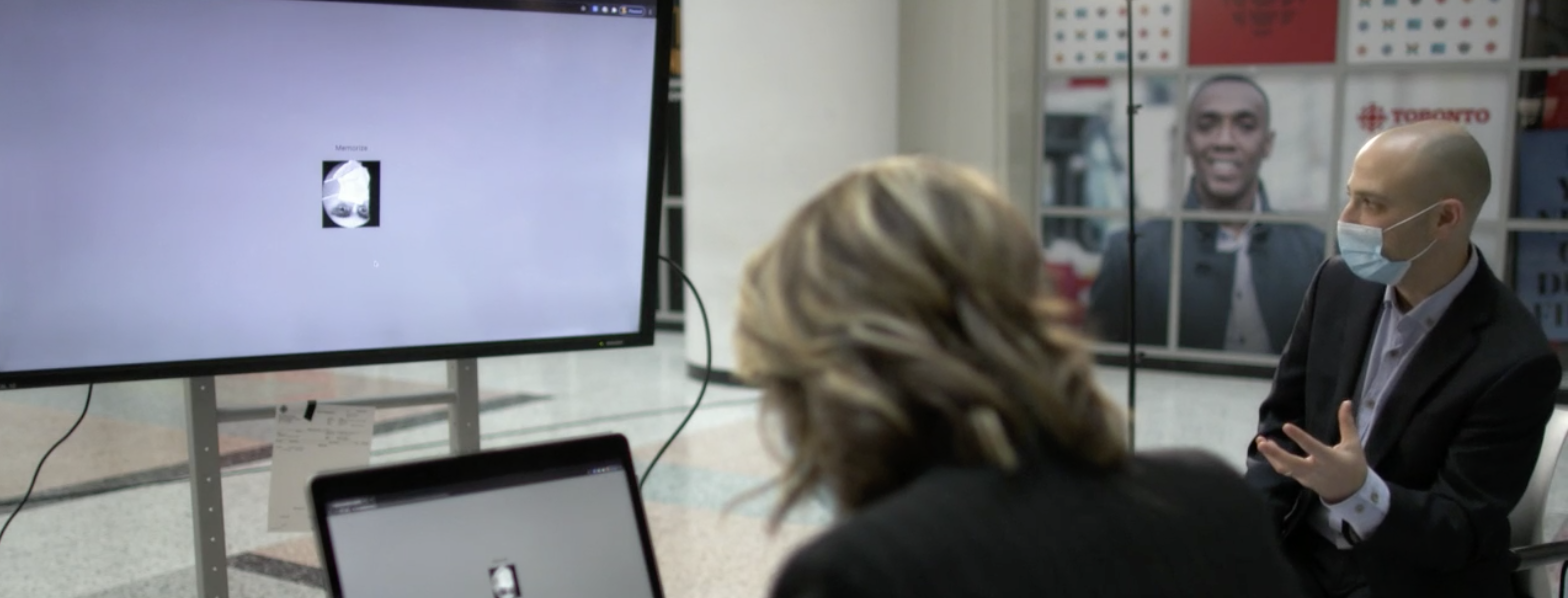
This VISTA Funded project studies how face perception abilities are altered by face masks. Face masks are an essential tool in our efforts to minimize COVID-19 transmission, and those masks are here for the foreseeable future. Therefore, it is important to understand how masks affect our most important perceptual ability, that is face perception. This study uses face recognition in every aspect of our social interaction; finding clues for the identity, gender, emotion, and intentions of people around us. However, in the era of face masks, faces do not look the same. This change may impact our ability to interact with people around us and interpret social interaction.
Freud and his colleagues tested nearly 500 subjects using an online test and found that face masks reduce our ability to recognize faces by 15%. Importantly, face masks also change the way we process faces. In particular, face perception typically relies on holistic processing, that is the processing of the face as a whole. However, for masked faces, this form of perception is not as efficient, and observers process different face features separately. The team is now looking into new, related, questions including the effect of masks on children’s face perception abilities and changes in the “mask effect” over time.
This research was published in Scientific Reports and received remarkable media coverage and attention such as the interview with CBC News: The National. It was also accessed almost 30,000 times and was cited by more than 50 news outlets including The New-York Times.
The Freud lab is led by VISTA Core Researcher, Erez Freud. It focuses on the investigation of the cognitive and neural processes that mediate our ability to perceive the world around us and to interact with objects in our environment.
Image caption: Erez Freud explaining to CBC's Adrienne Arsenault that faces are a crucial element of human interaction. Image Source: CBC News

